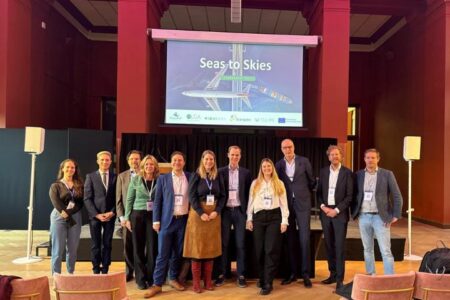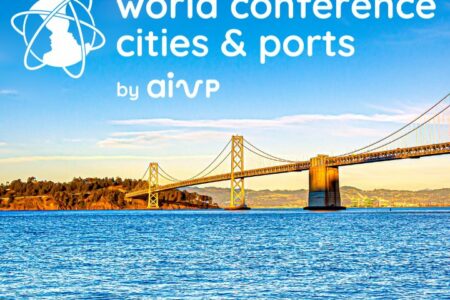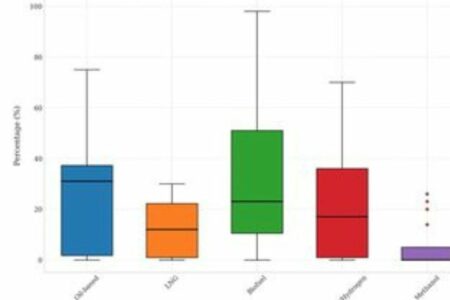Work package 7 focuses on developing a suite of non-tech measures to support the uptake of green technologies. Non-tech measures consist of policy, market, or informational solutions designed to relieve commercial actors of the burdens of risk, price, and uncertainty. Such measures will provide crucial market and regulatory stimulus to new, green technologies – like are developed in the demo projects of the MAGPIE project – so they can compete with established carbon intensive technologies. They facilitate regulatory compliance, promote community engagement, and foster cost-effective, adaptable strategies. Complementing the technological innovations with non-tech measures, will enhance overall effectiveness and promote holistic, sustainable outcomes in port decarbonization efforts.
One of the non-technological solutions which is currently being studied, is a price-based incentive strategy. The aim of the work is to assess the effectiveness of price-based incentive strategies at large, as measures to shape the behaviour of shipowners of specific sectors in the maritime domain. This includes long haul and short sea operations in container and dry bulk segments. The analysis focuses on the potential impact of various market-based and price-differentiation measures per specific segment – including Emissions Trading System (ETS), the International Maritime Organization (IMO) regulations and price differentiation of port dues. By using the NavigaTE model (Mærsk Mc-Kinney Møller Center for Zero Carbon Shipping), total costs of ownership (TCO), have been calculated for different types and configurations of vessels. This provides insight in the development of the ‘cost gap’ between existing fuels and alternative fuels overtime, while policy measures and incentives are implemented. This especially shows the potential impact of incentives on port dues as potentially applied by port authorities.
A key aspect that will further the relevance of the research is the attention to the weight of different socio-economic and behavioural factors in shipowners’ decision making compared to financial factors, which are assumed to be dominant. This is researched in a next phase. While the economic analysis has been finished, the second phase is currently underway where we will evaluate – in a ‘real case setting’ – the potential impact of price incentives on decision makers in maritime transport.
The resulting conclusions on the effectiveness of diverse price-based incentive strategies will form the basis of tangible policy recommendations for European Port Authorities and the European Union. A further aim is to develop insights and recommendations for shipowners in each segment that may bring into view strategies to reduce the cost gap of new technologies and improve business cases. This later aim would be particularly useful if applicable to front runners as well as to laggards in each segment.



